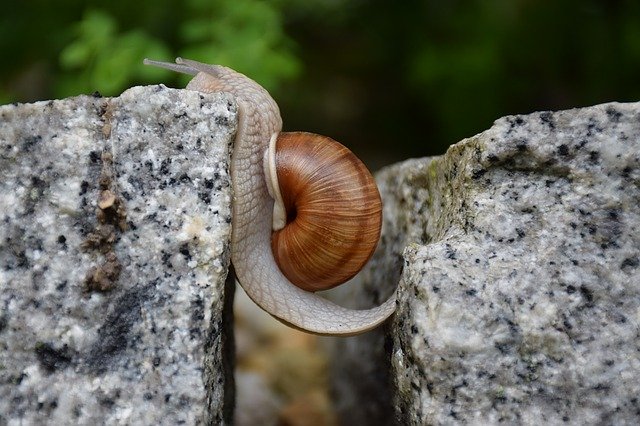Stories demand so much from us. Taking apart the engine of a story and putting it together—that’s hard work, my friends. Much as your brain tugs at the knots of your story while you’re in the shower, or at the kitchen sink, or in the car, I too worry and fret over your stories.
That kind of 24/7 obsession can be wearing. When I first began working exclusively with novelists, I found my creative tanks drained long before the end of the work week. That’s when I learned that just as career authors do, I needed to protect what coach Dan Blank refers to as my clarity and energy.
Another simple way to protect your creative juju is to get enough social sunshine. If you’re an introvert like me, it may take you some time to find the right tribe and the right way to connect. A social support system should give you a charge, not drain your batteries. Happily, you’ll find that many writers and creatives are also inwardly focused, and they’ll be happy to meet you at that level too. This is all doable. Give it a whirl.
At the end of the day, don’t let the reason behind your solitary writing grind get pushed aside or buried. Even if the story you’re working on today never gets published, in light of all the little pleasures and hobbies that people indulge in that make life worth living, isn’t this creative effort one of the brightest points in your life? Give yourself the energy and the space to do this thing.
More self-care and productivity tips and tools
A gentle productivity challenge Find out how novelist Jenn Ashworth created #100daysofwriting when she was faced with writers’ block.
Complice: an automated personal life coach Like a life coach, Complice addresses your personal productivity from multiple angles, including a workspace to work out your goals, a list of intentions and outcomes, an online journal, timelines and visualizations of your progress, and tools for collaborating with a productivity partner.
Taking your writing seriously “What might you (I) choose to do and think about, to make your (my) writing life richer, happier, easier, more productive and, as a happy by-product, perhaps more successful in worldly terms?” writes Emma Darwin.
How to finish a novel Tracking your writing is just a giant pain in the arse for many authors, but for others, it’s solid gold. Tracking his book’s progress from idea to completion is how Wyl Menmuir wrote his Booker-longlisted debut, with complete insights into how it was done.
Personalize the perfect writing goals I’m a fan of systems, not goals—but if a good goal is the thing that lights a fire under your arse, this infographic may help you craft the right goal.
May the Force be with you So here’s an interesting approach to the writing process: how to use the Force to write your novel. In my book, this system will carry you across the line by making writing an integral part of your life.
How to be left alone to write If you write surrounded by people who don’t get that there’s no such thing as big interruptions or small interruptions for writers—only interruptions—take a page from the strategy that General Stanley McChrystal used whenever he addressed special operations units such as the Navy SEALS.
Engage support in five steps by creating comprehension of the goal, establishing your confidence and trust in their assistance, and then empowering others to support you.
- Here’s what I’m asking you to do.
- Here’s why it’s important.
- Here’s why I know you can do it.
- Think about what we’ve done together before.
- Now let’s go and do it.
Understanding how stories work changes everything. I’ll show you how to back up your creative instincts so your ideas hit home. It’s time to accelerate your journey from aspiring writer to emerging author.
Ready to get serious about your book? Apply to work with me.


